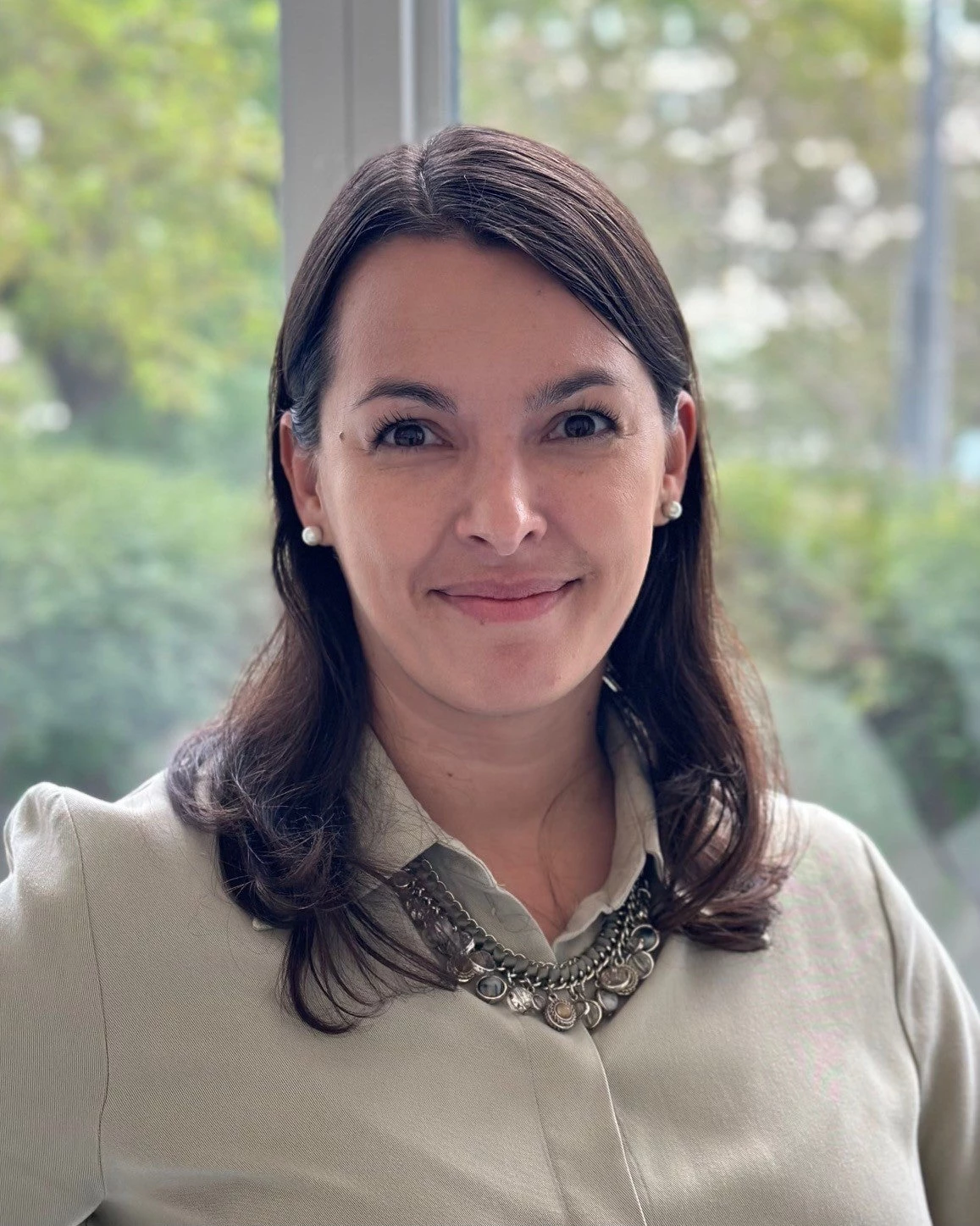 The winners of the 1st Maldives Ocean Hackathon 2023 smiling eagerly in front of the audience.
The winners of the 1st Maldives Ocean Hackathon 2023 smiling eagerly in front of the audience.
On a morning in October, some of the Maldives’ brightest young minds gathered at a secluded island just outside of the capital of the Maldives to put their creativity, coding skills, and analytic thinking to the test. Within 48 hours, they had to pitch their solutions to harness the power of digital data to tackle some of the greatest challenges faced by the island nation. These include combating ocean pollution, harnessing renewable energy from the ocean, and safeguarding coastal communities and vulnerable island ecosystems against the impact of climate change.
Ten competing teams – nine local and one international – of university students, young entrepreneurs, and researchers worked round-the-clock to complete their prototypes, aided by a diverse cohort of local and international mentors from both the tech- and environmental science community and an experienced facilitator team. The code was frozen exactly two days later as teams took to the stage to present their 2-minute rapid-fire pitches to the judging panel in the room and to the entire nation via a live television broadcast.
This event was the Maldives Ocean Hackathon, organized by the Ministry of Environment, Climate Change, and Technology and supported by the World Bank’s Digital Maldives for Adaptation, Decentralization & Diversification project. It was inspired by a quest for ground-breaking yet viable tools to support the country’s commitment to combating climate change and preserving its pristine marine ecosystems for future generations. Mirroring the ministry’s cross-sectoral mandate, the Maldives’ first-ever ocean hackathon was also helping to establish a platform for environmental champions to work closely with tech minds on a common goal.
The winning teams and solutions showed clear vision, balance between innovation and practicality, and passionate pitches:
- UDHA, by the Maldives Space Research Organisation (MSRO), won first place with their use of earth observation technologies to track and model ground deformation - i.e., changes in the height of land - and to help better anticipate and mitigate erosion and flood risks. They took home US$10,000 as the winning prize.
- cliMVatch came in next with their prototype for a data platform that can make weather and climate data from varied sources more accessible and easier to analyze in support of climate-relevant decision-making at the individual and policy levels.
- VeshiRakka took third place with their AI- and machine learning-powered platform to monitor and manage areas at risk of coastal erosion and protect coastal communities and assets.
Additional prizes included a high-speed broadband package by Dhiraagu and credits to Azure OpenAI Services by Microsoft to further help top teams in product development. What’s more, they will also have access to ongoing post-hackathon support from mentors and engineers, which was a highlight of the experience for many involved.
“It’s really the mentors that made the difference…to have meaningful conversations about what the problems are, what challenges they face in their respective domains, and trying to weave in a solution that can capture the most needs,” said Ahmed Niyaz, one of the participants.
These data-driven digital solutions that surfaced through the hackathon will, in turn, contribute to the design and implementation of a climate data platform supported by the World Bank. The platform will bring together multiple sources of climate-relevant data and facilitate easier data-sharing and re-use across public, private, and non-governmental entities, with the goal of enabling more efficient policymaking and action for climate change adaptation and mitigation.



Join the Conversation